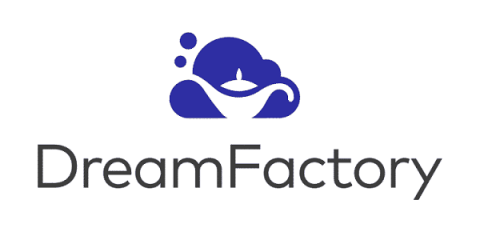Some websites are just too slow...
Have you ever entered a website and realized how slow things move, you just click a button and you have time to do something else until the requested action is finished. Sometimes I enter on this kind of websites with the idea to purchase their product or service, but when the things move so slow, I start to ask myself, do I really wanna purchase this or shall I find another competitor or website offering the same product.











